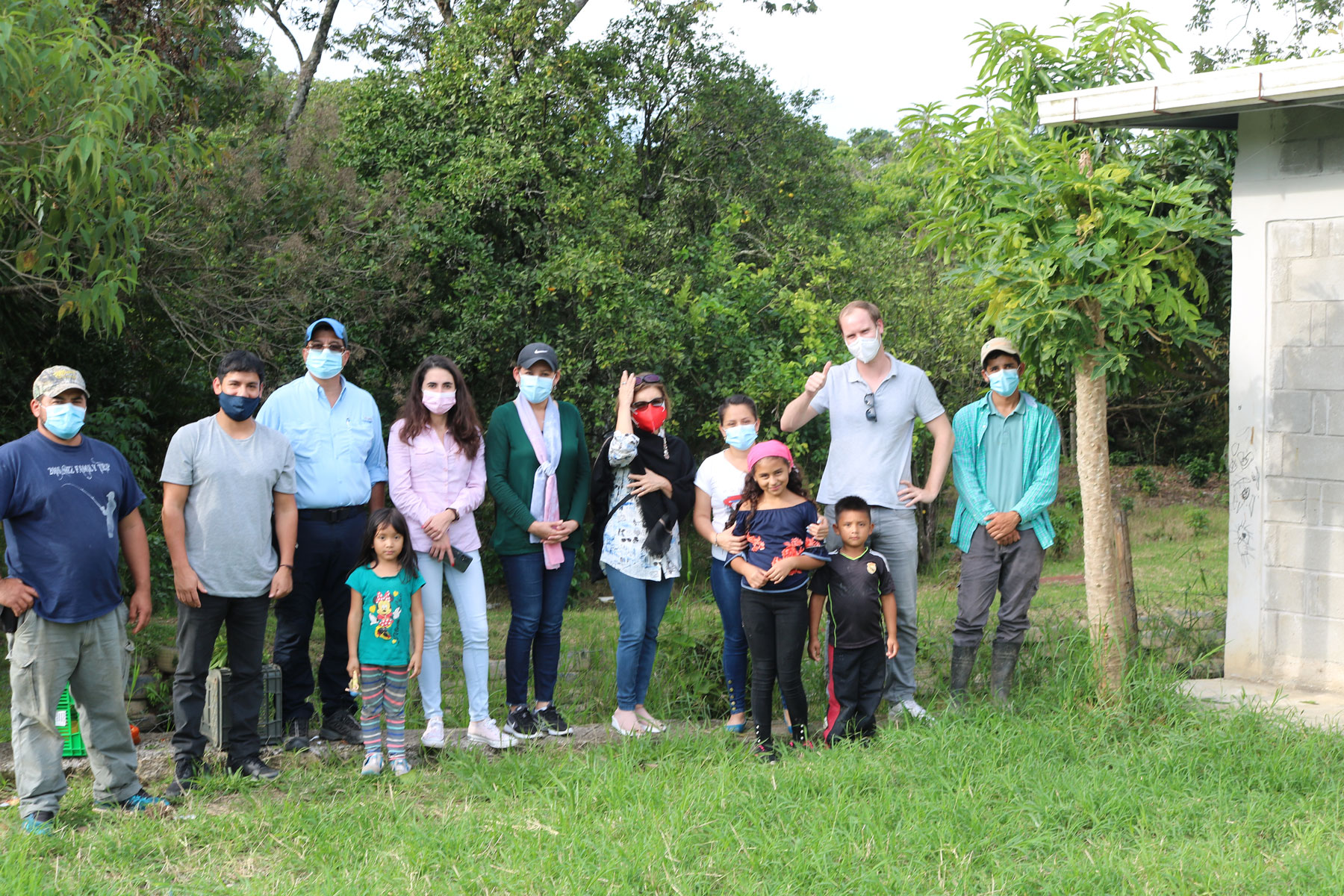Importance of Rural Community Banks in Central America
10-01-2022Written by Alejandra Bazoberry, business advisor Agriterra
In Latin America, entrepreneurship is key to improve the economy of families. With a limited formal job offer and limited higher education, entrepreneurship is often the best way to earn income for many people in the countries of this region.
One of the biggest limitations for entrepreneurs, however, is working capital. Being able to access financial services is not easy for productive businesses in the region due to their lack of compliance with the conditions and guarantees asked for by these companies. In this sense, the Rural Community Banks (RCB) have played a very important role, creating financing opportunities for an unattended sector.
The Rural Community Banks are community organisations founded by men and women, associated based on relationships of trust, with economic contributions, to offer financial services to their associates and the neighbors in their community. The financial capital that is constituted in the Rural Community Banks is used to support productive, collective, or individual startups, with specific guarantees and conditions, based on mutual trust and respect. The associates and clients of the RCB can access different financial services such as savings accounts and credit loans.

Honduras
Honduras is a representative country of the Rural Community Banks, since it is one of the countries in which many initiatives of this type have been developed at a national level, but especially in rural areas. For the formation of a Rural Community Bank, there are some minimal conditions, for example, there must be at least 5 partners or members and they need financial working capital, a minimum of 500.00 lempiras (19 Euros). Of course, there must be a minimum contribution from partners or institutional external contributions to start working as an organisation and it is also necessary to carry out economic and social activities to create the capital required for the daily operations of the RCB.
The services provided by RCB in Honduras are usually:
- Savings
- Loans
- Financing of productive activities
- Purchase and sale of supplies and commercialisation of goods for their clients and associates
- Financial support for community projects
The Rural Community Bank has an institutional and governance structure made up of the Assembly, the Board of Directors, the Vigilance Board, and some Support Committees. In addition to this structure, they are regulated to carry out their activities.
The AGRIdigitalización Project, financed by the International Fund for Agricultural Development (IFAD) and implemented by Agriterra and its partner associations in the different countries, has considered the Rural Community Banks as one of the main actors to work with. The AGRIdigitalización project is looking for the updating and digital transformation of the RCB in Honduras and Guatemala.
Specialised software
Our implementing partner in Honduras, The Foundation for Rural Business Development (FUNDER), has overseen the activities carried out on the ground aimed at the Rural Community Banks. In this sense, a series of works have been implemented for their digital improvement and renovation. Among the most representative; it is now possible to monitor and track the work done regarding their financial accounts, which previously was done manually, in notebooks or Excel sheets. Through the implementation of a financial data monitoring system called MiCaja, the data from the RCB are now managed online with a specialised software and are continuously being updated.
The implementation of this software has been done gradually, improving and making changes in it in order to adapt to the needs of the RCB in the context of Honduras. In addition, as a part of the project, a tablet has also been given to each RCB involved in the project, so there will be continuous access to the MiCaja application and it has become a common asset used by the members of the RCB. The work has been exhaustive, since not only the new system was implemented but also the historical data were uploaded to the net. The training of the members on how to use the new system was a lot of work and took its time, but the results achieved thus far have shown amazing improvement.
The work carried out will have a great impact on the way in which Rural Community Banks work, not only because they have access to information in an immediate and effective manner, but also because the digitisation of their account tracking system will improve transparency, reliability and availability of the information for their associates and their members.
Extension
The success of this new modality has been greater than what was expected and that is why it has been decided to implement a digital system for the associates and clients of the RCB, which is an extension of the software MiCaja and is called MiCajaCliente. This online app is intended to be used by the clients of the RCB, to obtain information on the status of their accounts, their savings, loans and, in addition, information and important knowledge about finances, both personal and business. This software is being developed and it is intended to be implemented during the first 6 months of 2022.
This work has been, without a doubt, an innovative revolution for Rural Community Banks, it has allowed the digitisation of financial information, providing immediate access to important financial reports for decision-making and, above all, improving the transparency and reliability of RCB towards their associates. Finally, like any institution, RCB are also seeking to scale up and become financial systems framed in formal financial systems in their countries, such as microfinance institutions. For which, little by little they must professionalise their services and digitalisation is one of the most important steps to achieve sustainability and growth over time.
